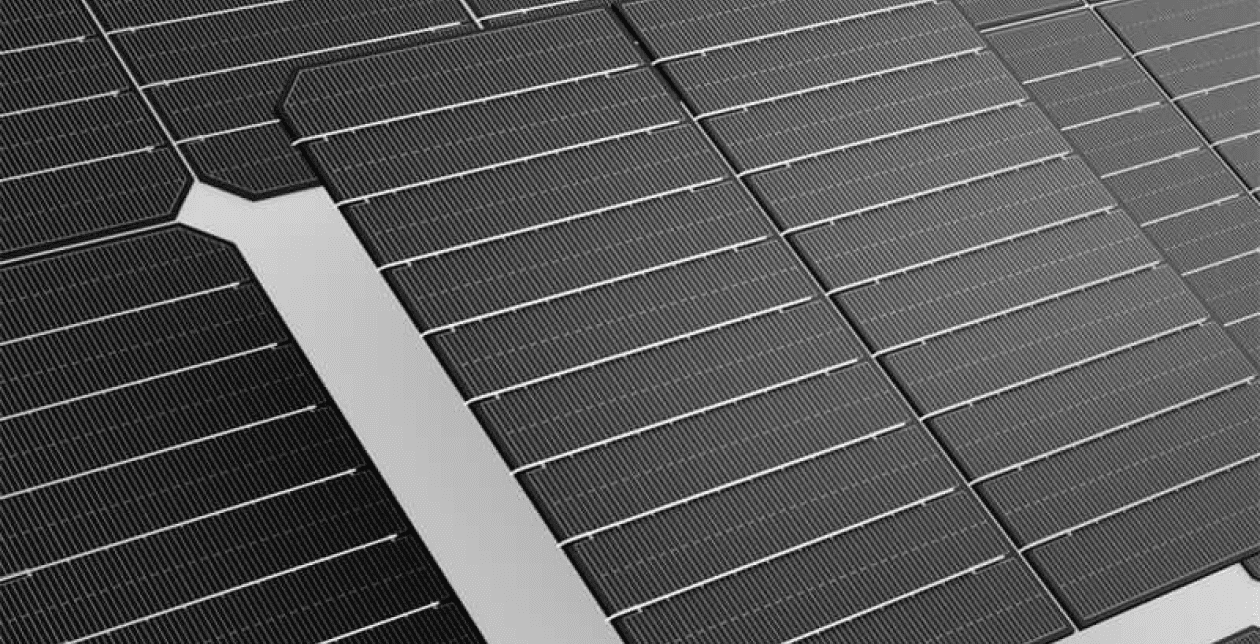
What is the best panel type for my plug & play solar kit?
In a recent expert training session at our headquarters we discussed various technologies in solar panels and what is important to observe when selecting the ones for your installation. Here is an overview of the most important aspects to check.
What is the latest in solar panel technology?
When it comes to solar panel technology, it’s important to differentiate between what works in the laboratory, and what is available in the market today. There are many technologies in solar panels and also batteries being tested today, that you can read a lot about on the Internet. But the majority are unlikely to ever see mass commercialization. And those that do, will be available only in a few years.
As of 2024, this is probably the last year in which major manufacturers will produce PERC type solar panels with P-type cells. The technology has reached its peak, and cannot be further optimized. The market is shifting to TOPCon and N-Type cells. This technology is not only more efficient than PERC, but it also allows for further optimization that will see TOPCon solar panels increase their efficiency over the coming years. There are other high-performance technologies (like ABC - All Black Contact, whose main promoter is Aiko), but TOPCon is the most widely adopted and will be the standard technology at the end of this year.
QN Solar, one of the biggest PV manufacturers globally, has been at the forefront of developing TOPCon, and is a specialist in this technology. At Robinsun, we launched plug & play solar kits with QN Solar panels in late 2023, being the first plug & play solar kit company to do so in Southern Europe.
What differentiates the quality of different solar panel models?
Solar panel manufacturers differentiate three types of qualities: A, B and C, with the first being of the highest quality and generally used by major manufacturers for residential solar installations. Our QN Solar panels are of type A, and you shouldn’t ask for anything else.
When looking at the tech sheets of your solar panels, check the certifications the manufacturer has passed. QN Solar for example recently passed the extremely tough PVEL certification in the US, adding it to a list of over a dozen that include TÜV, CE, ISO and many others. Passing these certifications assures you about the quality of the manufacturer’s operations, processes and products.
Other aspects to check on a solar panel’s data sheet:
- Linear Performance Warranty: it should be 30 years, and after a 1% degradation in the first year not exceed 0,4% p.a., reaching 87,4% after 30 years.
- Connector safety: The cables of the solar panel should have MC4 plugs and the junction box comply with IP68 standard, to make sure the panel is connected with the maximum safety to the micro inverter and can resist humidity and dust over a long period of time.
- Operating temperature: especially in Southern Europe’s hot summers, the panels must function seamlessly at high temperatures of up to 45C without issues. Cold winters are less of a problem for solar panels, as long as there is no snow on them, to produce steadily. 25C is the ideal operating temperature.
Conclusions
To make sure you select the best panel for your solar installation, you should read a product data sheet with attention to detail, or ask an expert vendor about top quality products available. Comparing models helps a lot. At Robinsun, we do the same when deciding on what components to select for our plug & play solar kits. For our current Robinsun Performance 800 kit we chose QN Solar. In the past we have also used Longi, and have tested and analyzed several brands extensively, to give you the best quality we can find on the market with a reliable supply and after sales service.


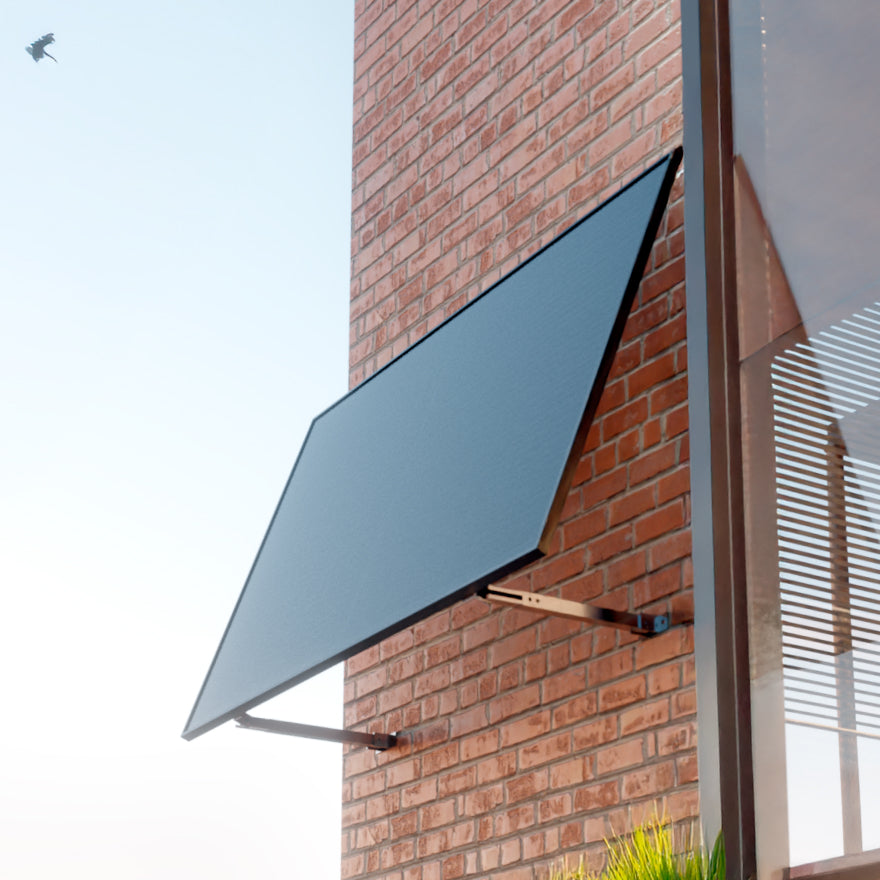
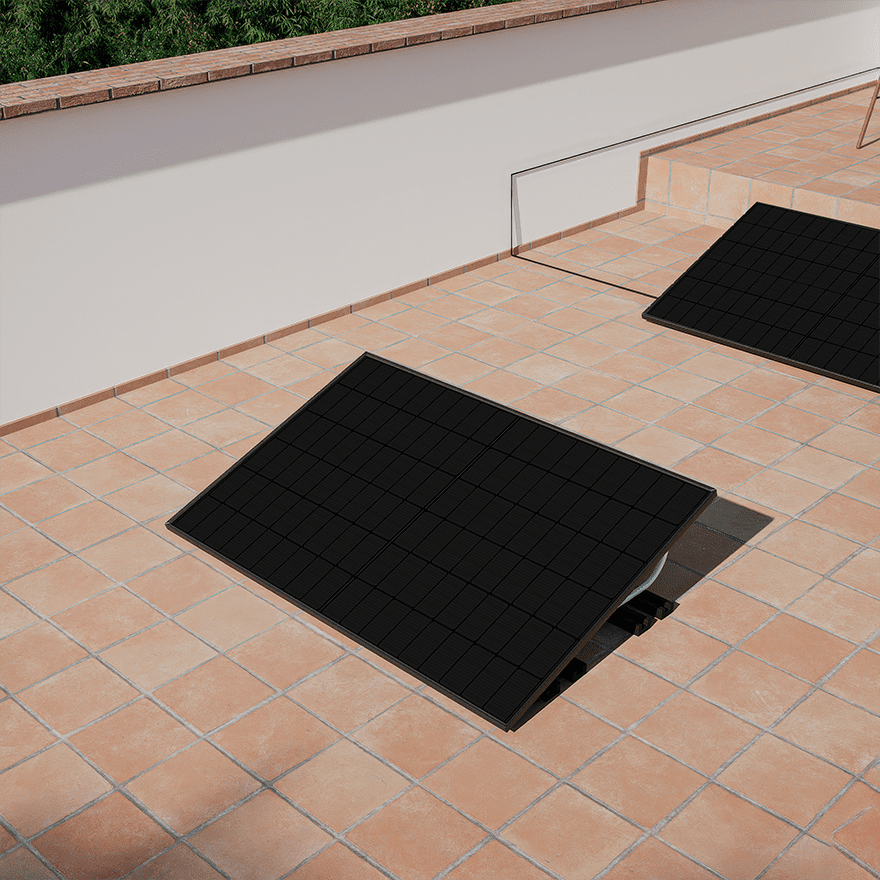
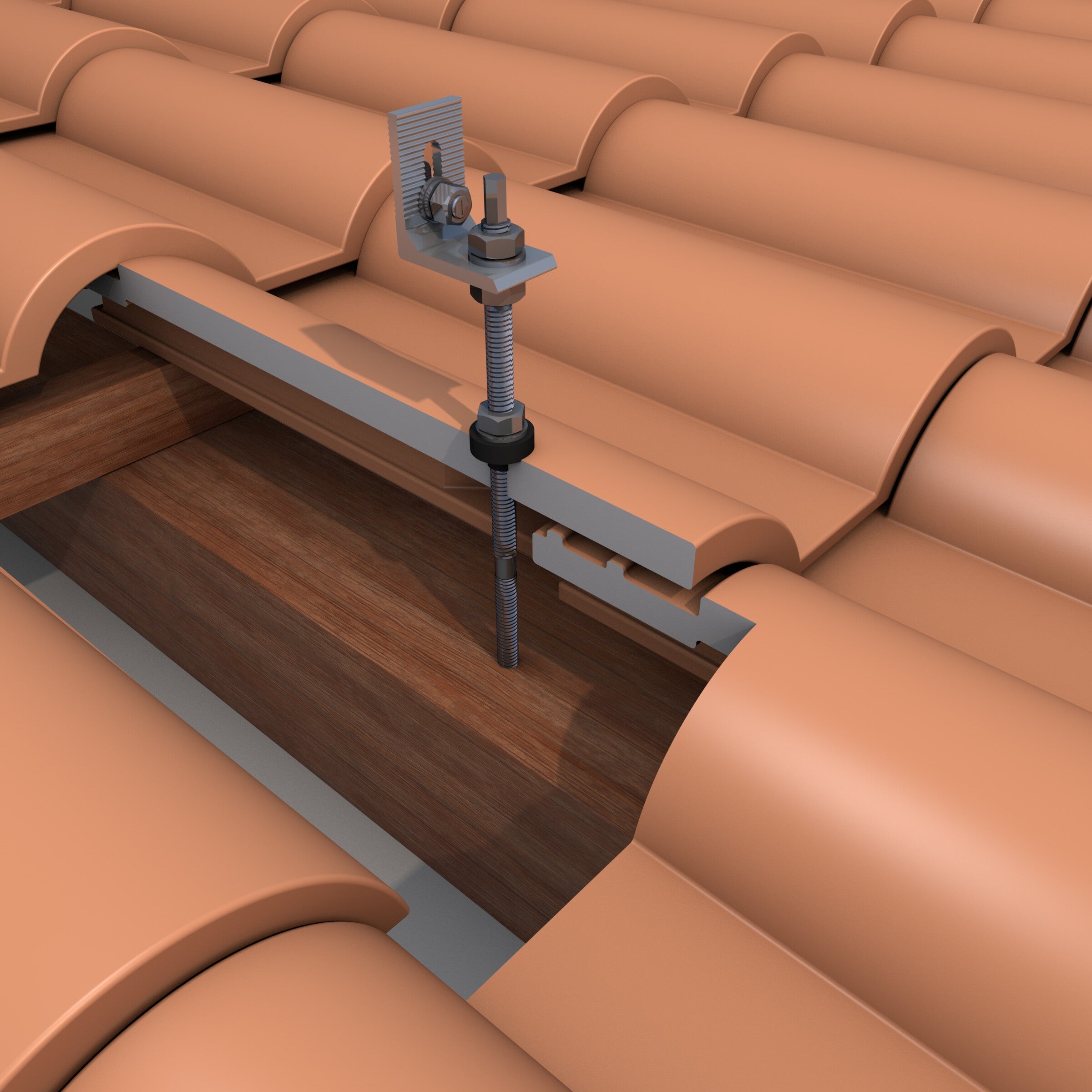
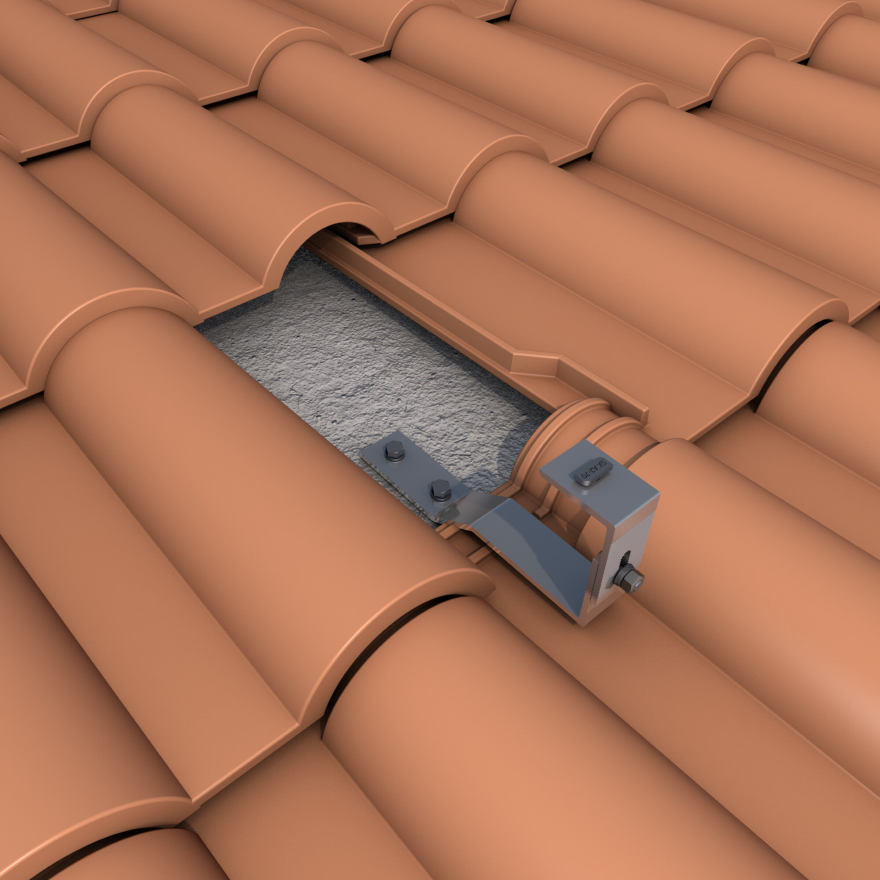
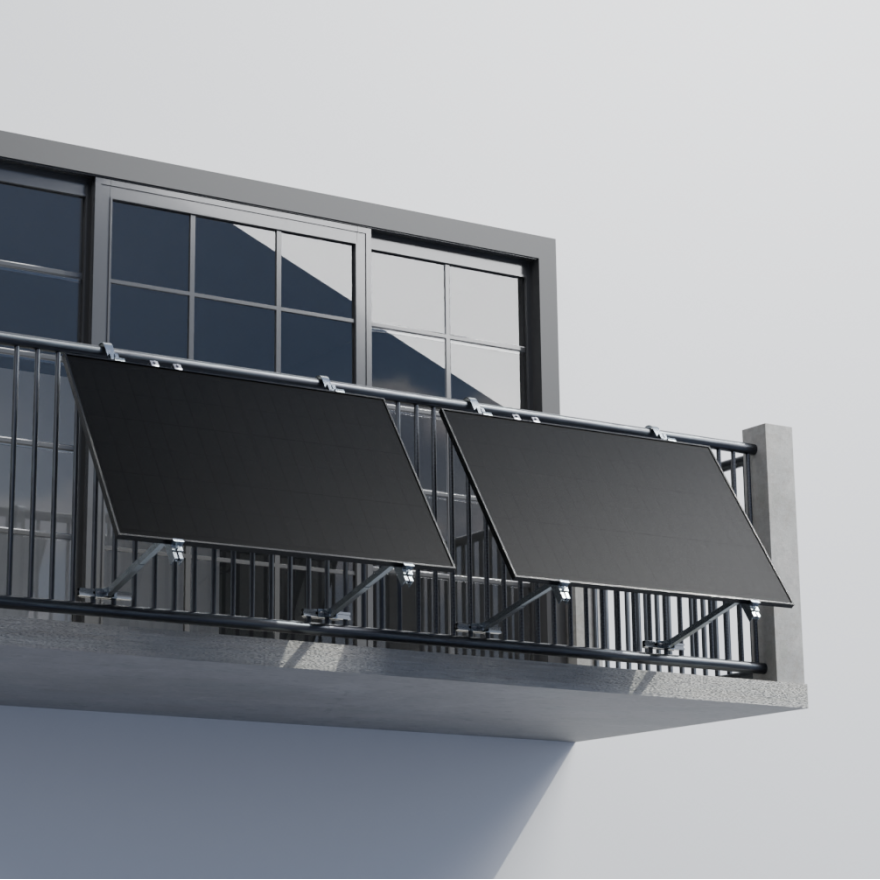
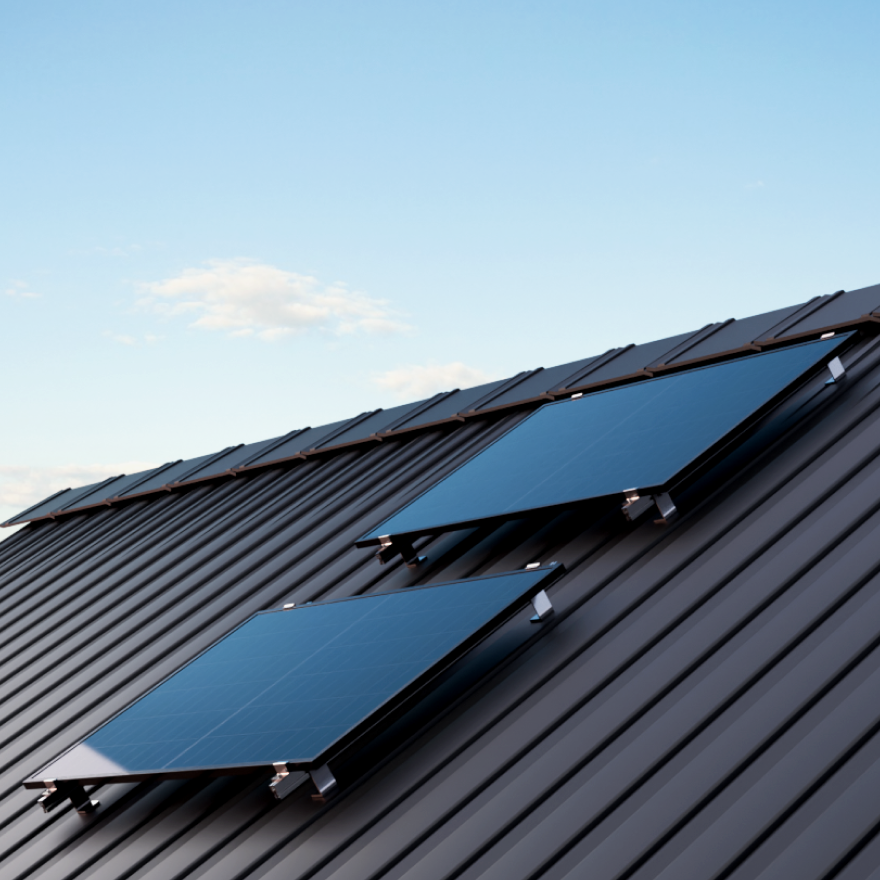
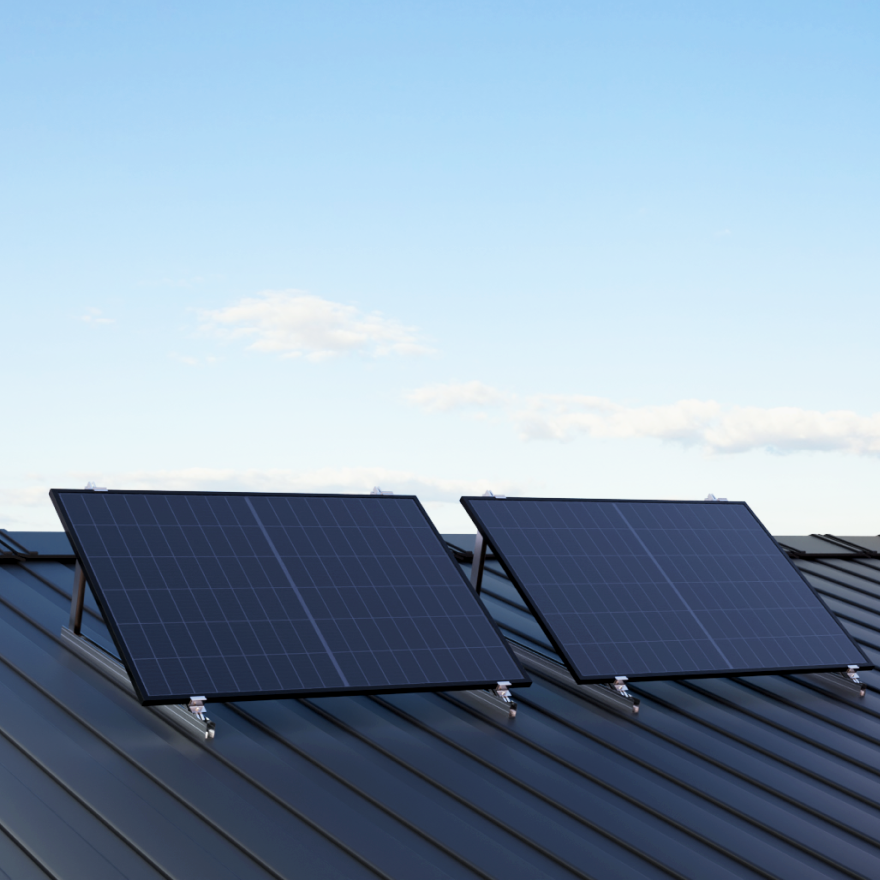
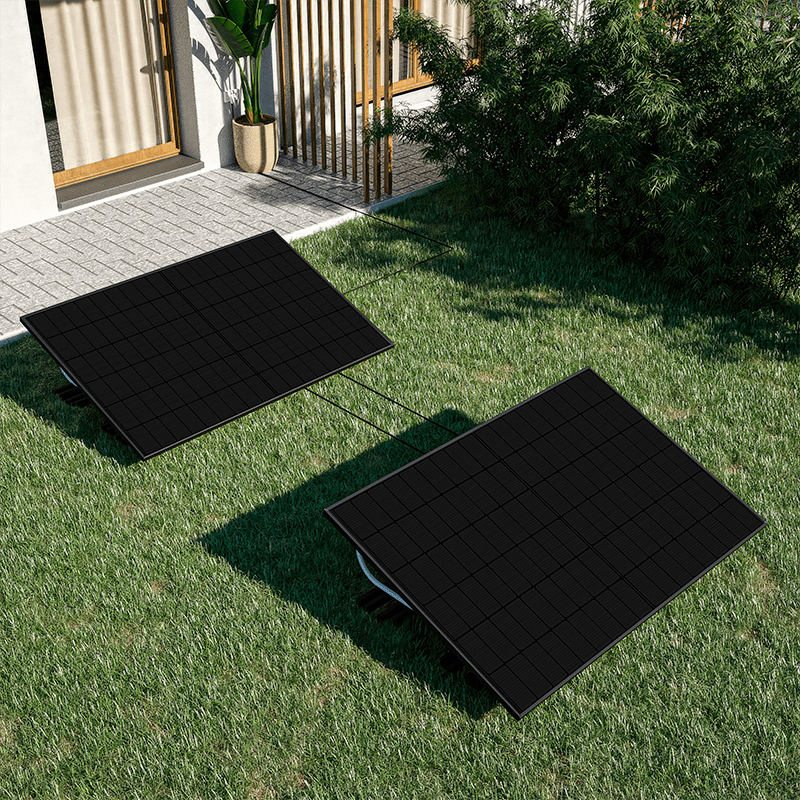
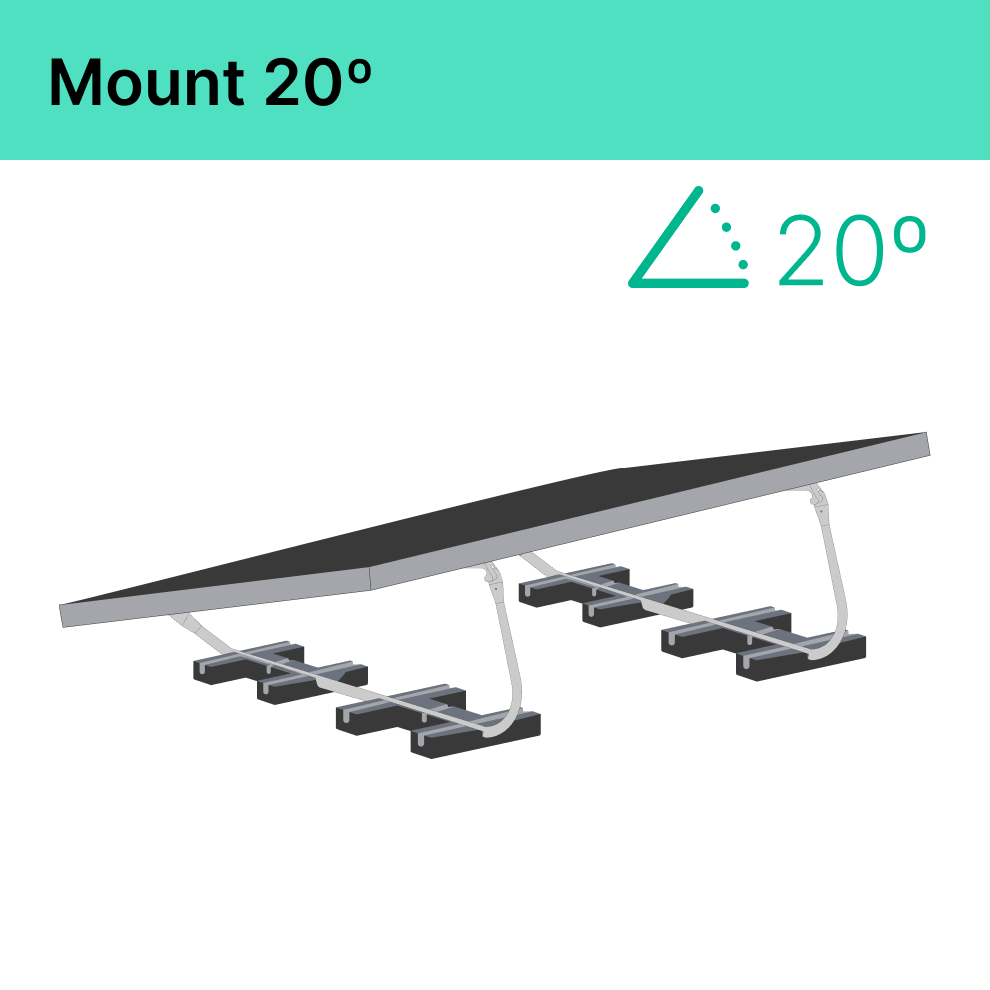
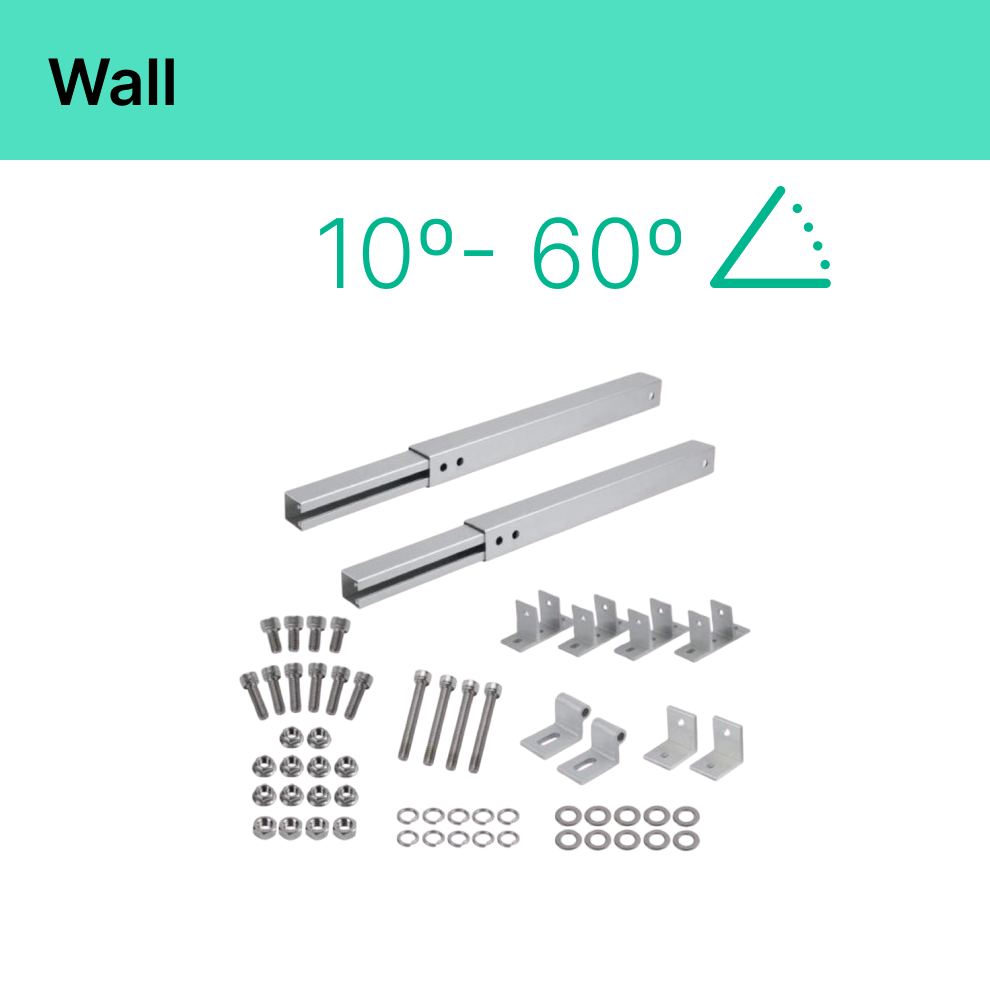
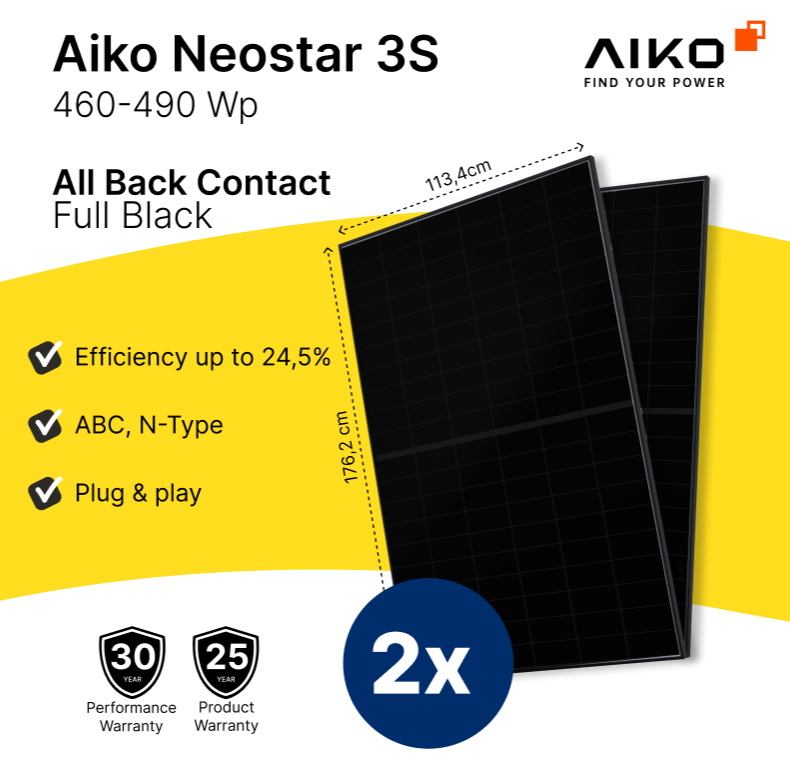
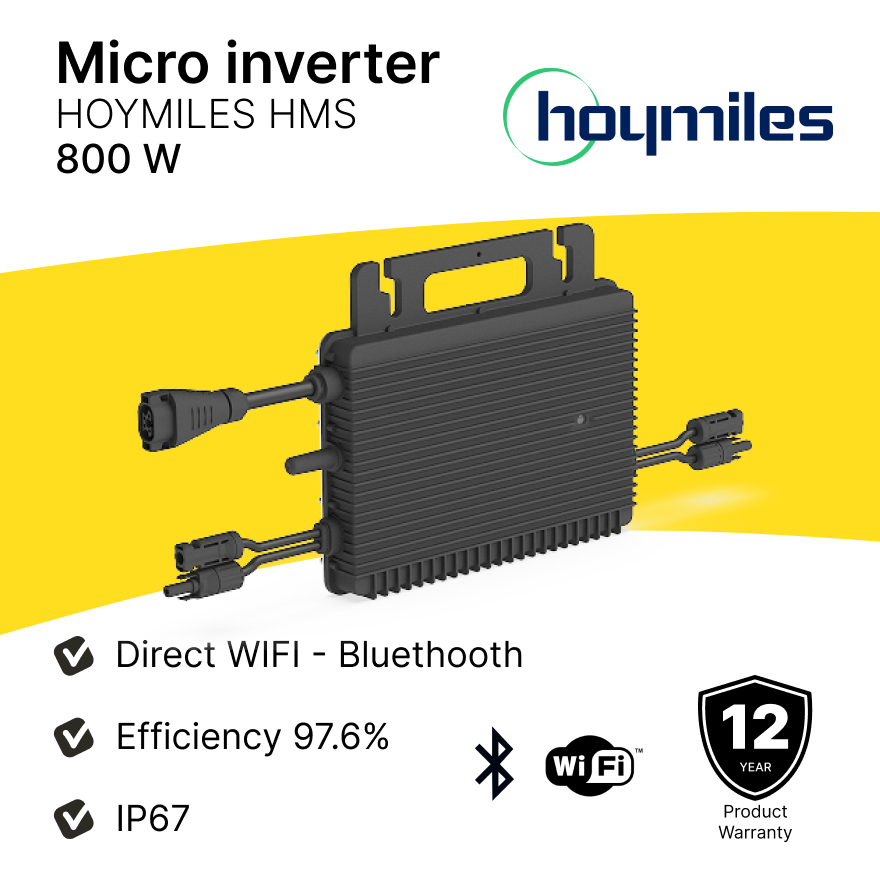
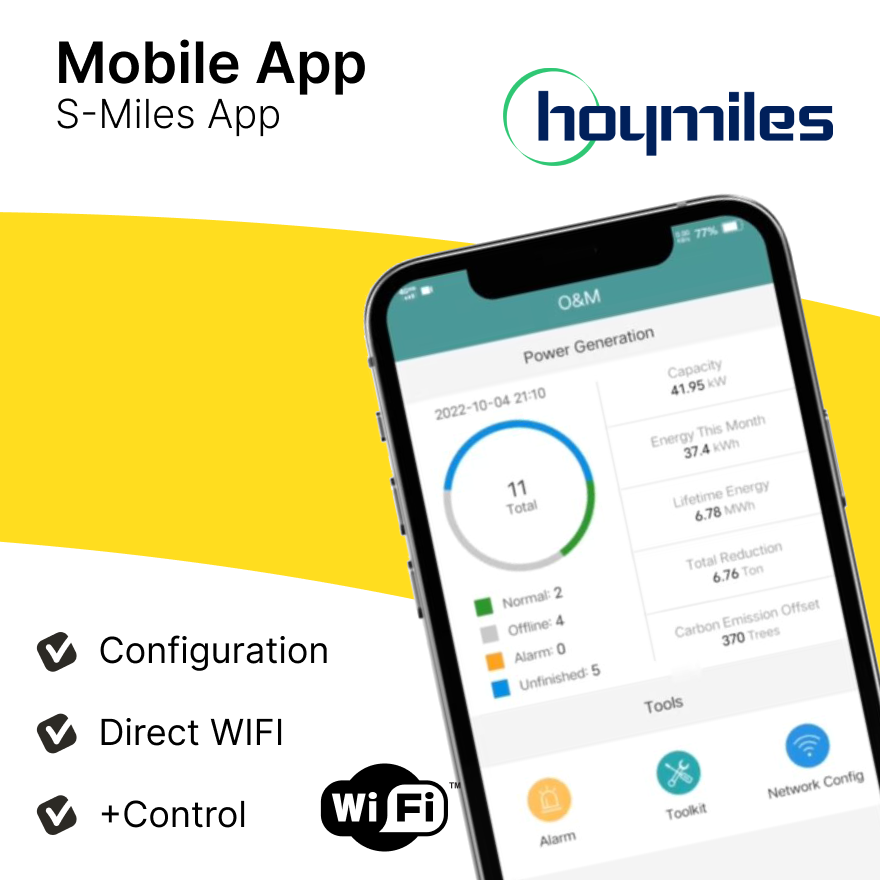
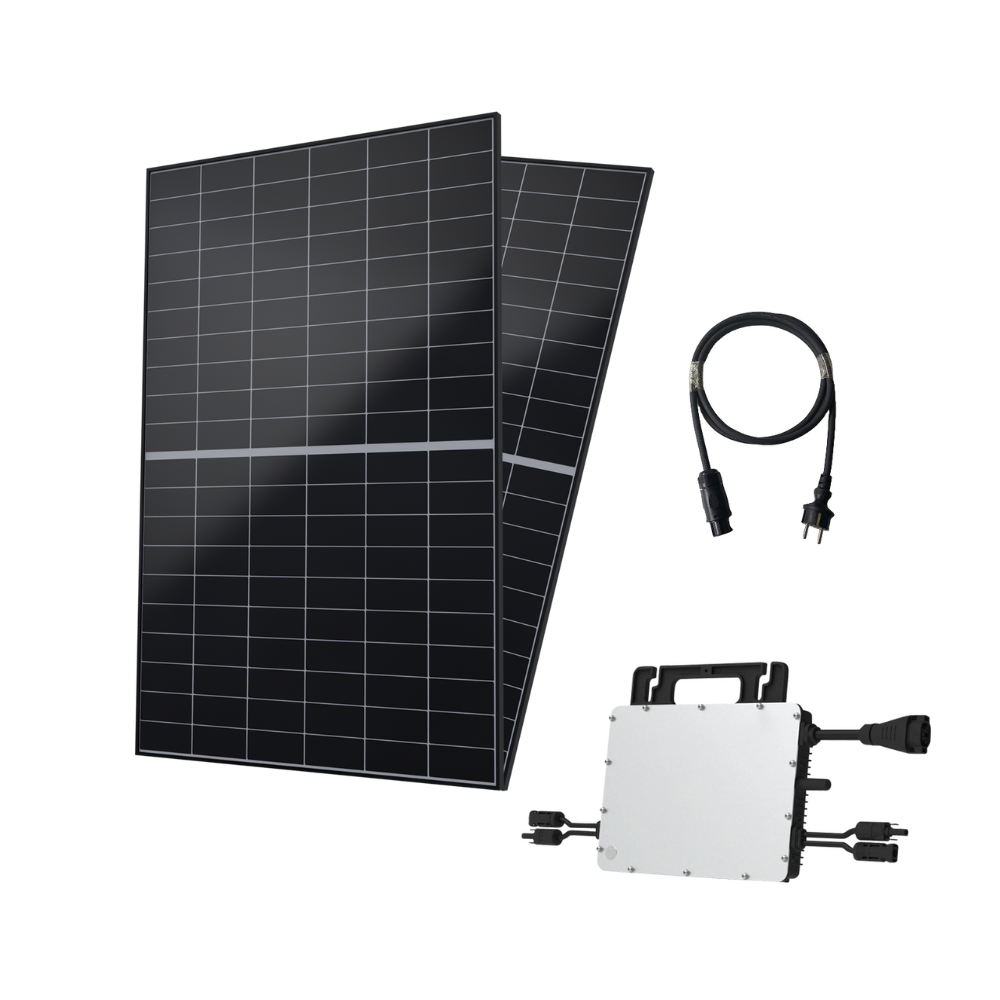
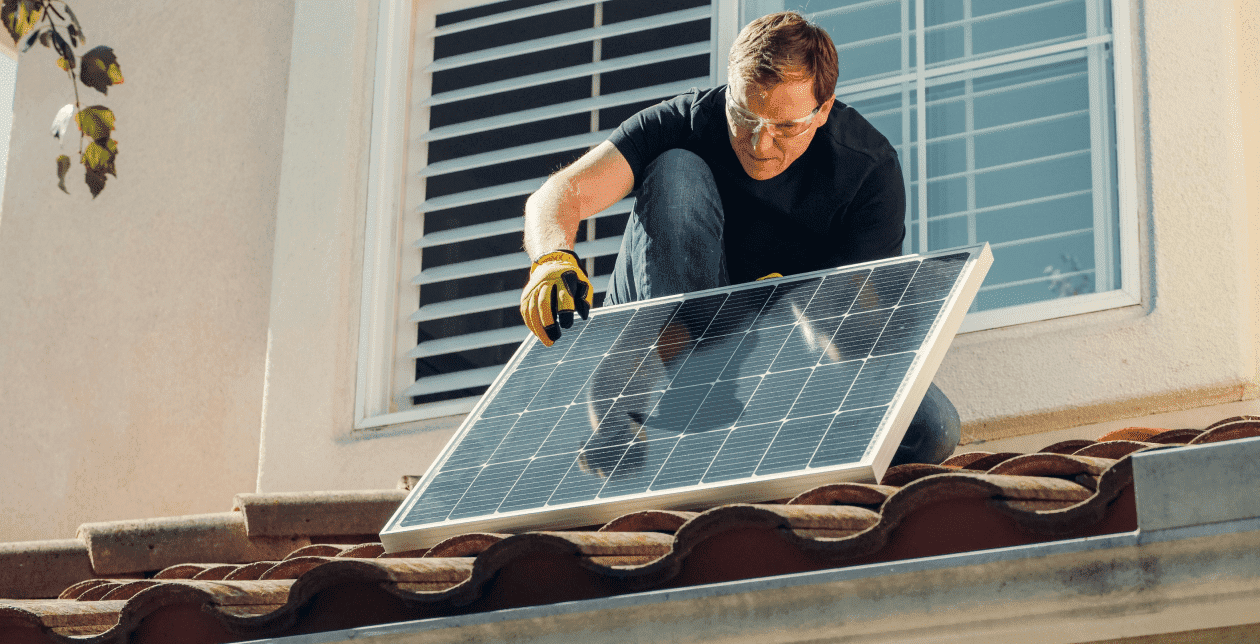
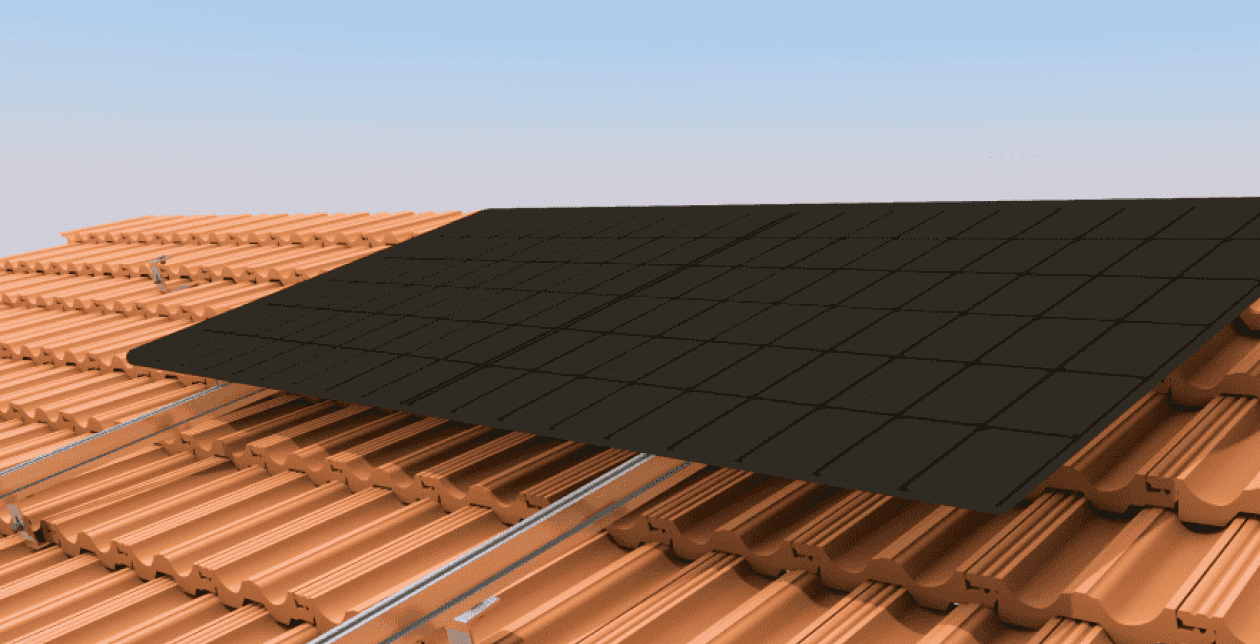
Leave a comment
This site is protected by hCaptcha and the hCaptcha Privacy Policy and Terms of Service apply.